Manly’s Pride Jersey fight one that rugby league should have seen coming
The showdown over Manly’s Pride jersey has split the LGBTQIA+ and Pasifika rugby league communities, writes Patrick Skene, a battle nobody wanted or will win.

Rugby league has an uncanny history of somehow finding itself at the bleeding edge of social issues and the latest flashpoint involving Manly’s first Pride celebration jersey has ignited a polarised debate.
With both sides taking potshots at each other from entrenched positions it begs the question: How did it get to this?
The more relevant question is how did it take so long?
Many in rugby league looked on smugly at rugby union’s Israel Folau issue but it was a matter of time for rugby league, whose playing base is now majority of the Christian faith courtesy of the ‘Pacific Revolution’ – the influx of Pacific Island and Maori players into the men’s and women’s game.
The number of NRL players who supported #IStandWithIzzy should have been a red flag for the Manly marketing team. Another should have been GWS Giants’ Muslim star Haneen Zreika refusing to wear a Pride themed jersey and opting to sit out of AFLW’s Pride round on religious grounds.
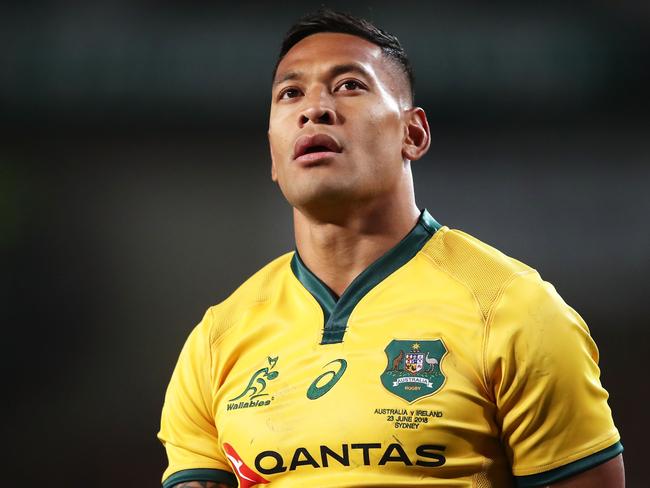
In the absence of a significant consultation process involving parents, intergenerational leadership and key church leaders, the Manly players were never going to agree to this initiative, having been ambushed on game week.
The Polynesians are an ancient and conservative patriarchal society with all decisions made by parents and the community pastor has enormous influence. Rushing the players for a decision without allowing input from their community mentors was disrespectful, noted by Des Hasler as “poorly executed” and by the Rugby League Players Association as a “communication breakdown”.
Manly’s Josh Aloiai has spoken about wanting to become a pastor when he finishes playing.
“God has given me a gift, so I’m trying to use it through rugby league and glorify his name,’’ Aloiai told The Daily Telegraph in 2016.
A good man trying to do good things for his community and now being branded a homophobe for his religious convictions, yet he was backed into a corner with an ultimatum that for him made his position in the team untenable.
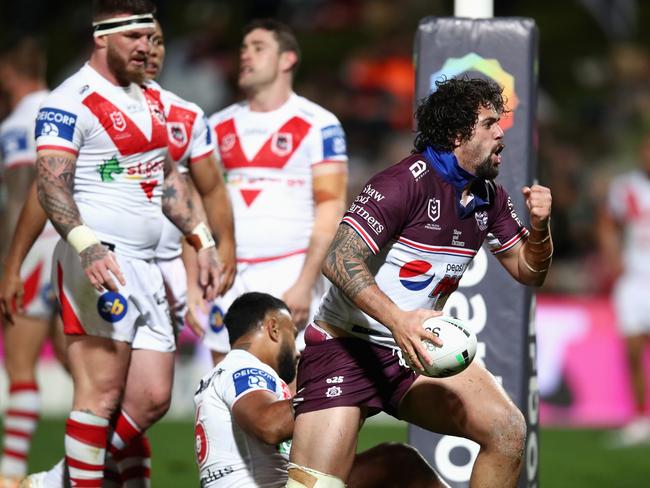
Aloiai and the other dissenting players can rightly feel they have been thrown under the bus from front office. Their personal convictions flushed out bare in public and Hasler has every right to be concerned for the mental health of his players who will be blamed if Manly lose and they don’t make the finals.
Hasler’s press conference was a masterclass in damage control but also came from the heart. He played with Ian Roberts, who in 1995 was the first in rugby league to come out as a gay man. He has also been a father figure to many Pacific players and understands the culture deeply.
Roberts has again been uncomfortably thrust into the spotlight but has found a silver lining that I agree with. At least the conversation has been started and it’s a conversation that had to happen with the ultimate goal of working out how rugby league can include groups with apparently incompatible values.
The issue also carries historical nuances that add to the complexity. Prior to colonisation the Samoans had an LGBTQIA+ friendly society including respect and a central role for the third gender or Faʻafafine.
Indeed a Polynesian friend always reminds me that the colonial powers introduced Christianity and says they are now getting in trouble for following its teachings.
As blame is apportioned in all directions, it’s becoming clear that the villain in this sorry saga is neither the players or the LGBTQIA+ advocates, but an underestimation of the complexity of diversity and inclusion initiatives.
These themed rounds and jerseys shouldn’t be treated as stunts or as a box ticking exercise and definitely not run by marketing.
When a club or league taking on these potentially controversial causes they need to hire the experts, allocate the appropriate resources and have metrics beyond jersey sales and a signal of virtue.
The volume of abuse online across different platforms has given us a glimpse of the abuse the LGBTQIA+ community endure and showed that we still have a lot of work to do before the community feels accepted in rugby league.
It’s a serious matter and to move forward it requires a process of permission, consultation, execution and respect for all parties involved.
Out of the dark days rise the great men and full marks to Hasler for his masterful handling of the press conference in which he made an extraordinary apology on behalf of the club, quoting Gandhi and the Harvard Business Review.
He’s a deep thinker and a diplomat and all his soft skills were required to bring a semblance of calm to what he termed a “significant mistake”.
The fact that it was Hasler making the apology and not somebody in the front office was telling and a clear indicator that no matter what ideas are hatched in marketing, the dual role of blame and repair lies with him.
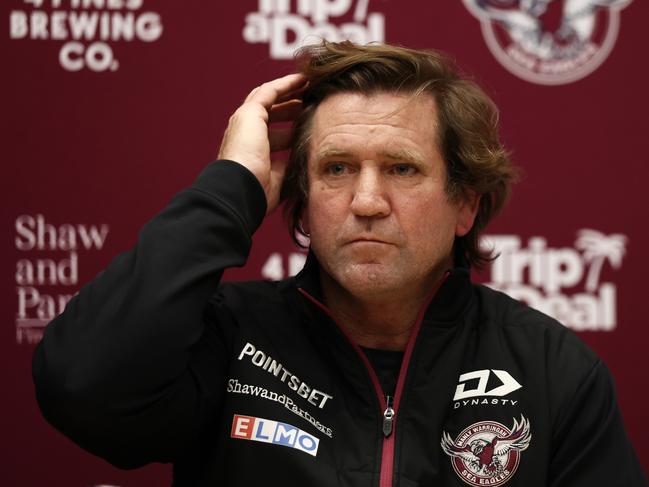
But despite the white-hot furore, there is a solution somewhere in the middle. Apologies made, lessons learned, lines of communication established and the game will move on, hopefully for the better.
And how do I know? Because I once made the same mistake as the Manly marketing team made.
In another life I was the Marketing director of the Sydney Kings and managed their first ever Gay pride night in 2005.
Unbeknown to me, captain Jason Smith, a proud Christian man had invited 200 of his church friends to the same game who were seated next to the dancing and celebrating LGBTQIA+ community with predictable results.
After a dressing down from Smith, the key lessons were that consulting widely and deeply was the most respectful way forward. And that players hate surprises.
I’ve also since learnt through observation that demonising someone with a label like homophobic will entrench them further and rob all involved of a valuable learning and growth moment. And no learning, no change.
Without the dust settling and lessons learned from this sorry saga, Peter V’landys has doubled down announcing a potential Pride round for next year, knowing full well that each team has significant cohorts of Pacific players with the same beliefs.
It would be great if he consulted deeply with the LGBTQIA+ community on this one because my friends in both bruised camps say it’s a showdown that no one wants to have and the winner will definitely not be rugby league.
Patrick Skene is a writer and author of ‘The Big O – the Life and Times of Olsen Filipaina – Pacific Revolution Pioneer ’ and is also the founder of Cultural Pulse, who advise sporting bodies on their Diversity and Inclusion programs.




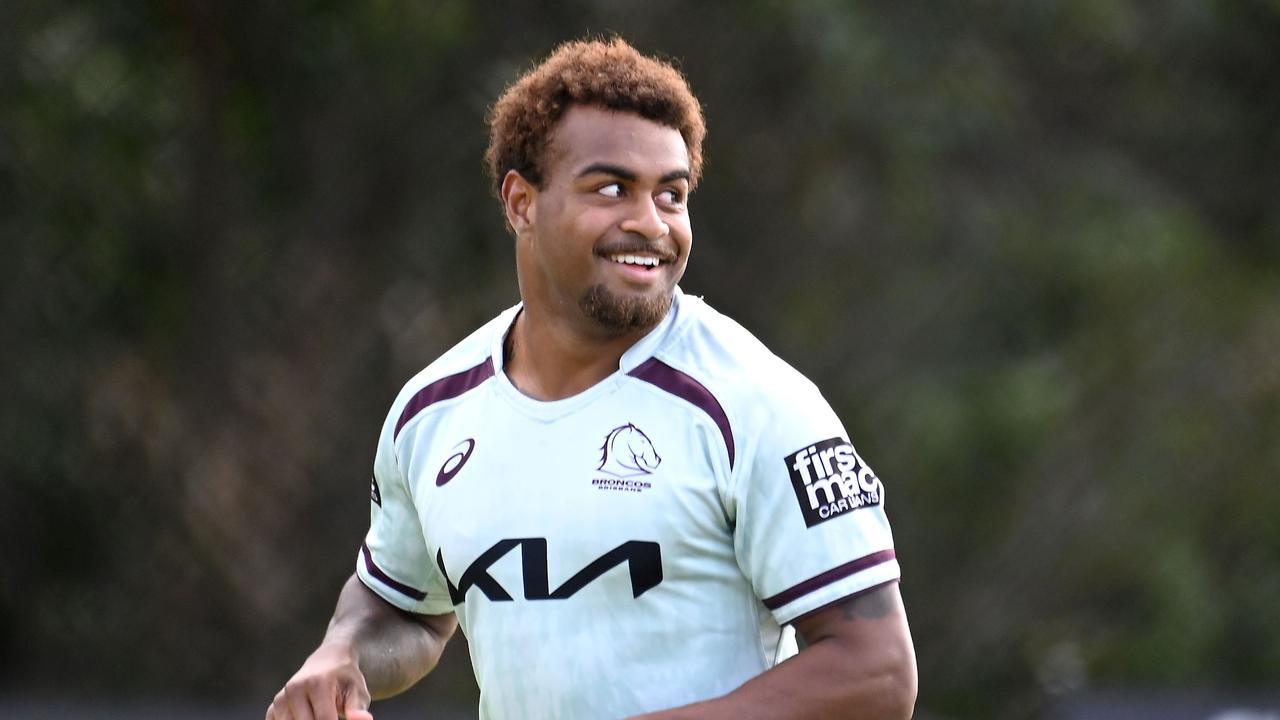
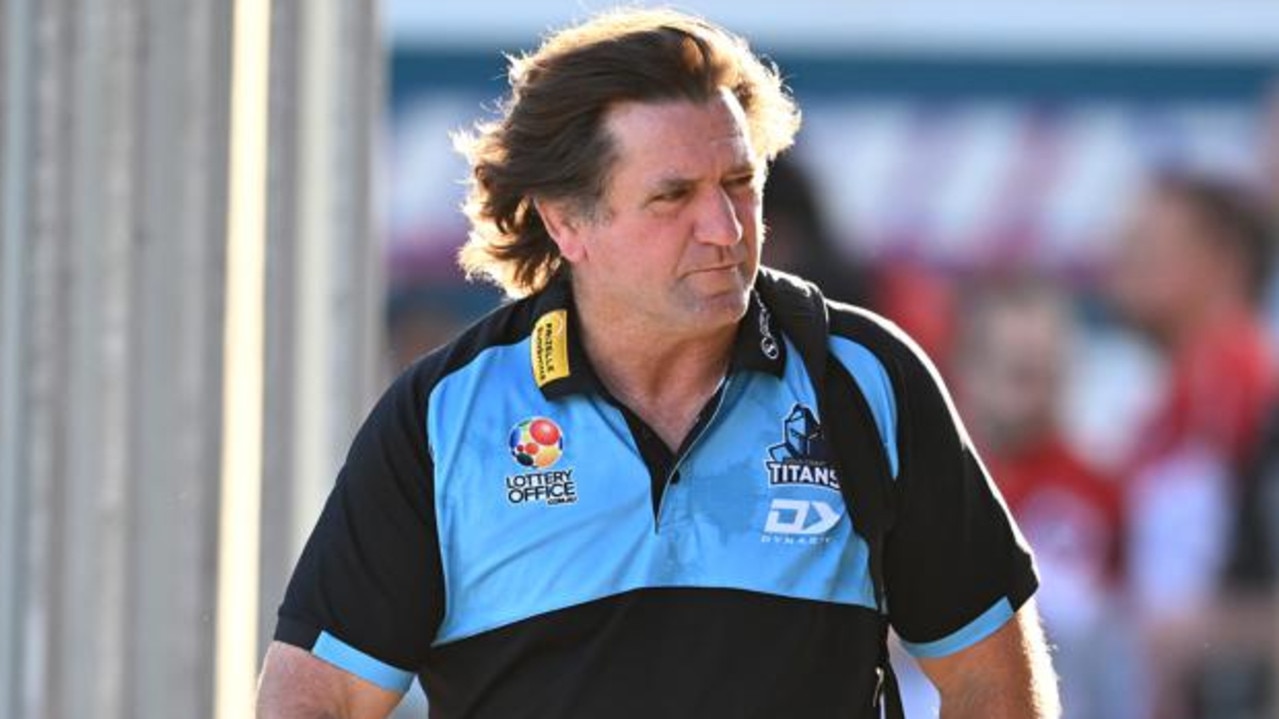
To join the conversation, please log in. Don't have an account? Register
Join the conversation, you are commenting as Logout